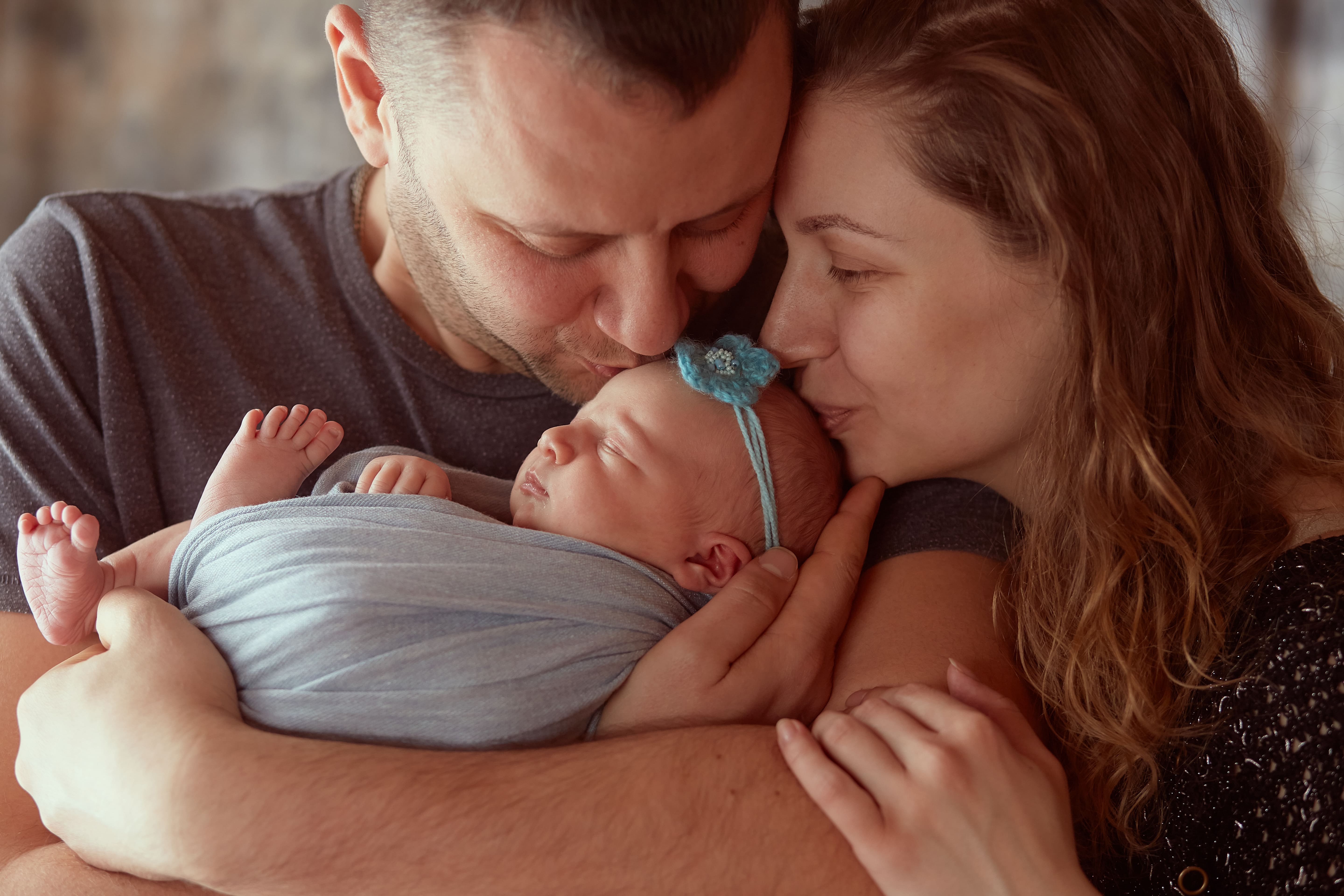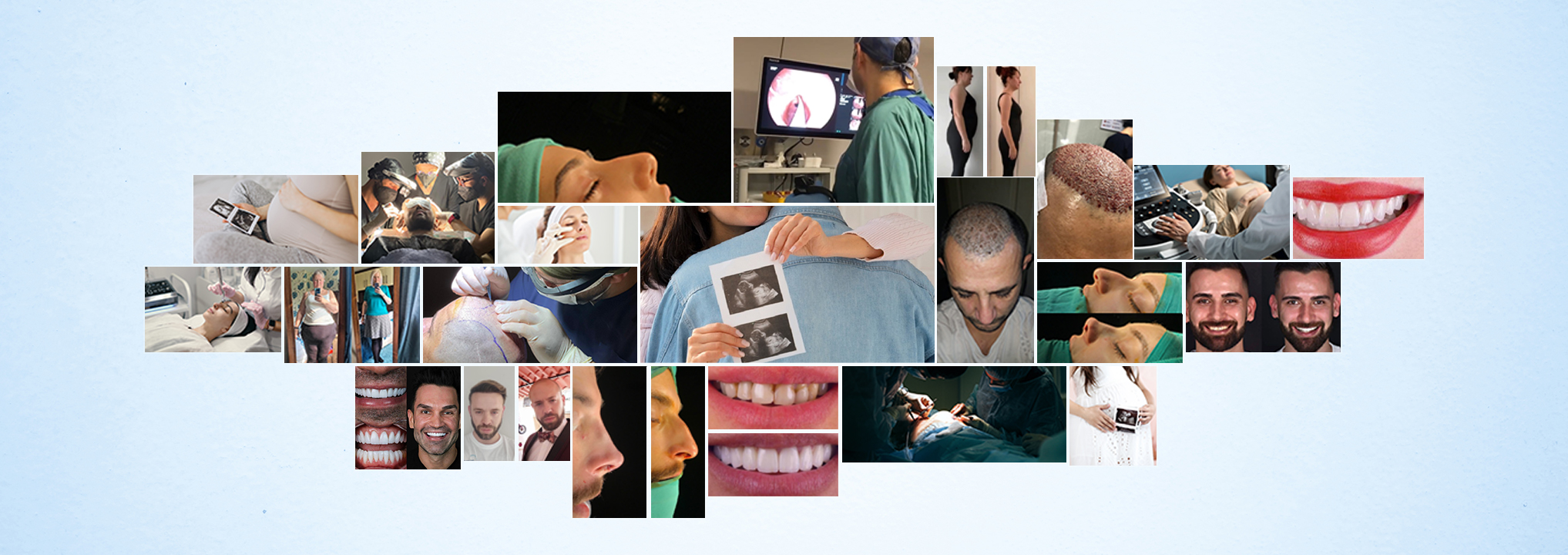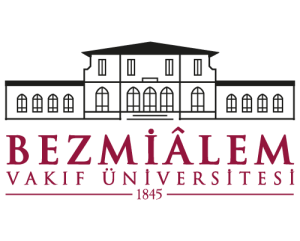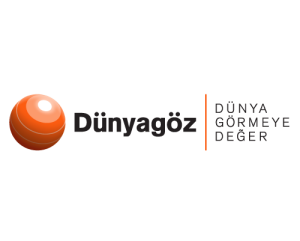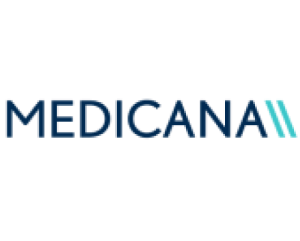Test Tube Baby Process
1. Initial Consultation and Pre-treatment Testing
Timeframe: 1-2 months
The IVF journey begins with an initial consultation with a fertility specialist, who will conduct a thorough medical examination of both partners. This stage may involve various tests, including blood tests, ultrasounds, and semen analysis, to identify any underlying fertility issues. Based on the results, the specialist will recommend a customized IVF treatment plan.
2. Ovarian Stimulation
Timeframe: 8-14 days
Ovarian stimulation is the first step in the active phase of IVF, where the woman takes fertility medications to encourage the ovaries to produce multiple eggs. This process typically lasts for about 8-14 days and is closely monitored through blood tests and ultrasounds to track the development of the eggs.
3. Egg Retrieval
Timeframe: 1 day
Once the eggs are mature, a minor surgical procedure called egg retrieval is performed under sedation. This involves using a thin needle guided by ultrasound to extract eggs from the ovaries. The procedure usually takes about 20-30 minutes, and patients can go home the same day, although they will need some time to recover from the sedation.
4. Fertilization and Embryo Development
Timeframe: 3-5 days
The retrieved eggs are then fertilized with sperm in a laboratory. If fertilization occurs, the embryos are cultured in the lab for 3-5 days. During this period, the embryos are monitored to assess their quality and development.
5. Embryo Transfer
Timeframe: 1 day
The next step involves transferring one or more of the best-quality embryos into the woman's uterus, a procedure that is usually painless and requires no anesthesia. The number of embryos transferred depends on various factors, including the age of the woman and the quality of the embryos.
6. The Two-Week Wait
Timeframe: Approximately 2 weeks
After the embryo transfer, there's a waiting period of about two weeks before a pregnancy test can be taken. This can be an emotionally challenging time for couples, filled with anticipation and anxiety.
7. Pregnancy Test
Timeframe: 1 day
Approximately two weeks after the embryo transfer, a blood test is conducted to measure the levels of human chorionic gonadotropin (hCG), the hormone produced during pregnancy. A positive test suggests that the IVF procedure has been successful, leading to the next steps in prenatal care.
Conclusion
The entire IVF process, from the initial consultation to the pregnancy test, typically spans about 4-6 weeks, not including the preparatory stages. It's a journey of hope, patience, and sometimes, emotional rollercoasters, but for many couples, the potential outcome—a baby—makes it all worthwhile.
Prospective parents should remember that success rates can vary based on numerous factors, including age and the specific fertility issues at play. It's essential to have open and honest discussions with your fertility specialist throughout the process to maintain realistic expectations and receive the support needed during this journey to parenthood.
For more information contact with Hygia Med !
